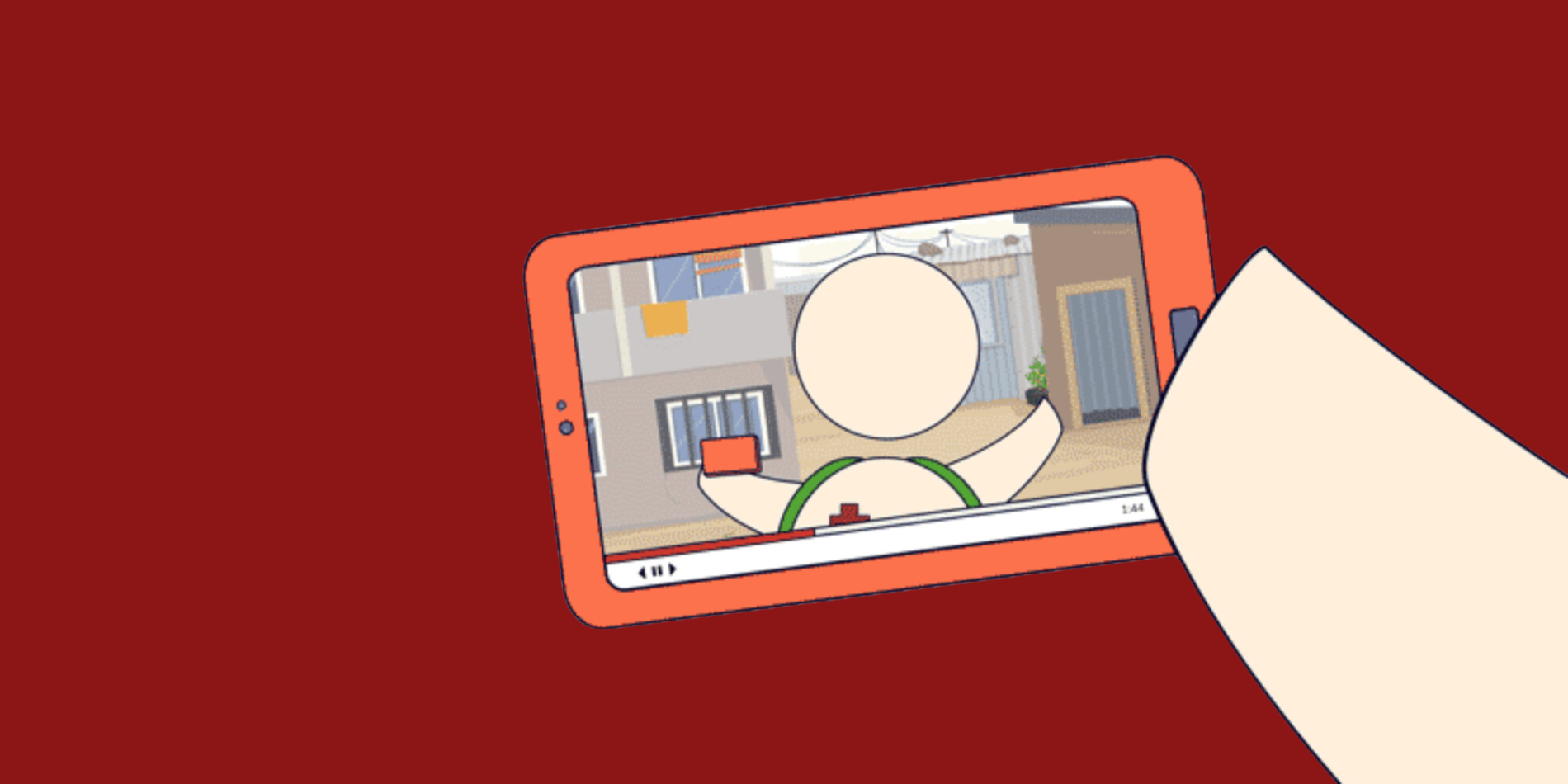Site Visits to the Eastern Cape: A Visual Diary from Digital Medic South Africa
In October 2022, Digital Medic team members Kira-Leigh Kuhnert and Monika Deschodt visited Philani Maternal, Child Health and Nutrition Trust (Philani) and One to One Africa in the rural Eastern Cape of South Africa.
These organizations work to improve maternal and child health outcomes using peer-led community health worker (CHW) programs. The programs equip women to provide vital in-home healthcare, health education, and mentorship within their local communities.
In this visual diary, Kira-Leigh and Monika share their experiences and insights from the site visits. All images and videos used with permission from collaborators at Philani, One to One Africa, and Madwaleni Hospital.

Eastern Cape, South Africa
"The purpose of this trip was to connect and establish relationships with our collaborators and CHWs. We also met with district health officials and dedicated health care professionals, where we shared Digital Medic health education content and discussed how it can be used in their programmes.

Aerial view flying into the Eastern Cape
The Eastern Cape is the second largest province in South Africa, and one of the poorest areas in the country. Access to healthcare for many that live there is challenging.
Our collaborators Philani and One to One Africa train CHWs to provide necessary health education and services to patients in their communities. Digital Medic’s health education content helps CHWs improve their own knowledge to provide better care and share information with their patients.
We received a warm welcome from the One to One Africa CHWs.
The region we visited is very hilly, with homesteads widely dispersed. It can take up to two hours by car to get to the primary health care facility or hospital. Many patients need to walk or arrange transport with someone else.

Hilly landscape with widespread homes and services

Community health workers (CHWs) walking to visit patients in the Eastern Cape
Given the challenges in accessing health care facilities, the role of CHWs becomes even more important. CHWs go to where people are, seeing up to seven households a day. Their patients range from newborns to the elderly.
The CHWs we met found that health content in their own language – isiXhosa – which Digital Medic produces, is a lot easier for them to understand. It also helps them explain health behaviours to their patients.

Learning about and transferring knowledge on health issues, especially when it comes to the care of infants in the household, becomes a family affair from the grandmother, to the mother and to the children.
During home visits, CHWs share health information that can impact everyone in the household.

Zithulele Hospital
CHWs are also present at health care facilities where health promotion tips are given to groups of patients while they wait to receive care. CHWs are a trusted information source and key to providing credible health information to patients. Equipping CHWs with accessible content in local languages enables them to meet the needs of their patients.
Being able to spend time with CHWs and our collaborators to get an insight into their daily lives and experiences of their patients, was invaluable. We are thankful to One to One Africa, Philani and the staff at Madwaleni Hospital for facilitating this visit.
The importance of CHWs and their impact on the health and well-being of those that they serve, through the sharing of knowledge and education was evident. By developing relevant and engaging health education Digital Medic is able to contribute to the lasting impact that CHWs have in their communities.




